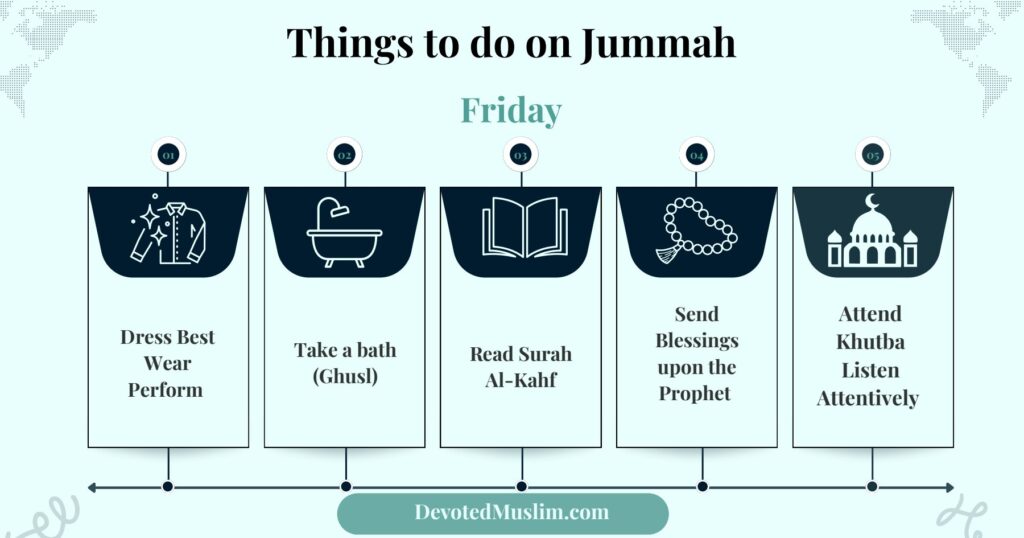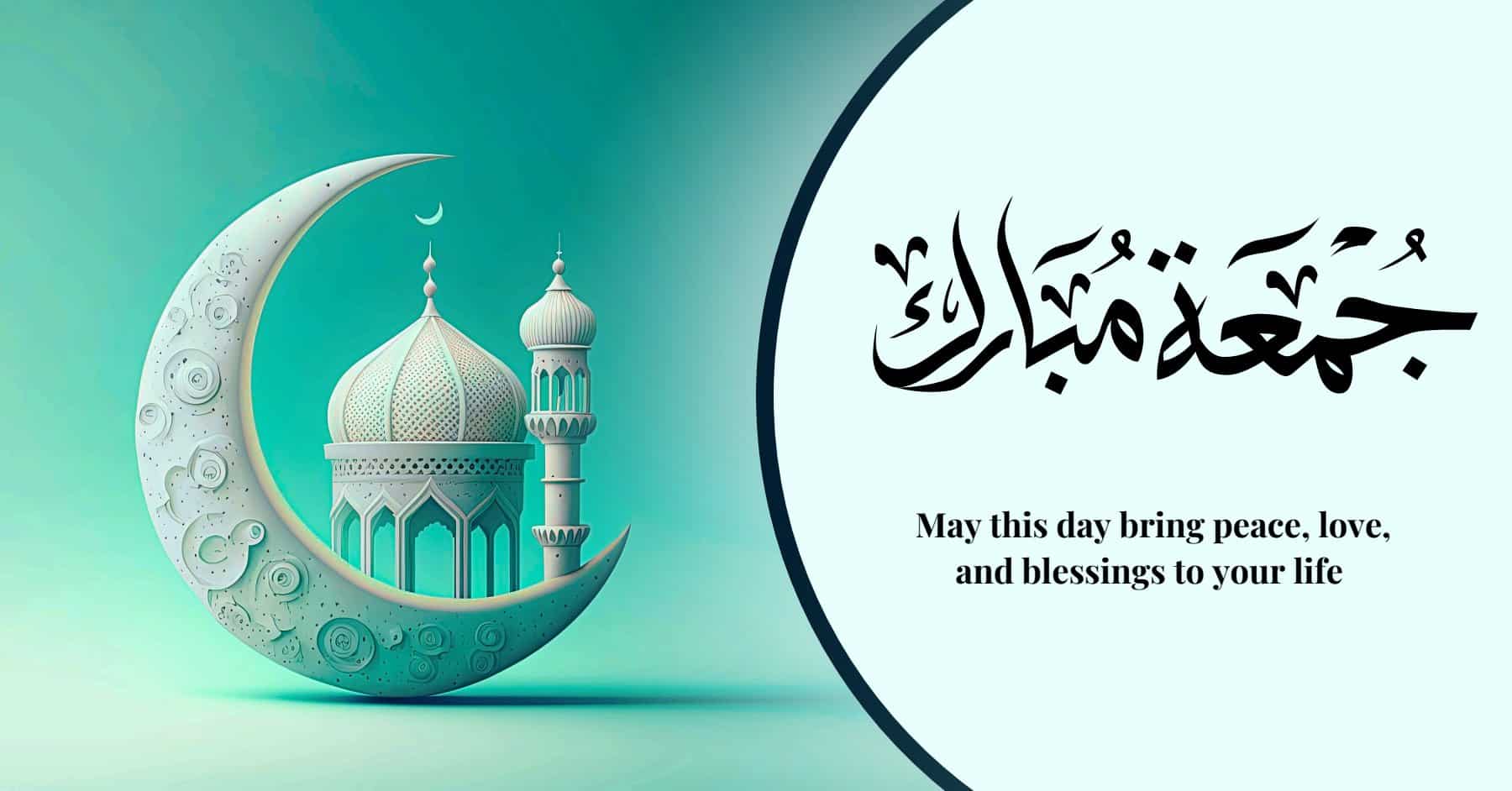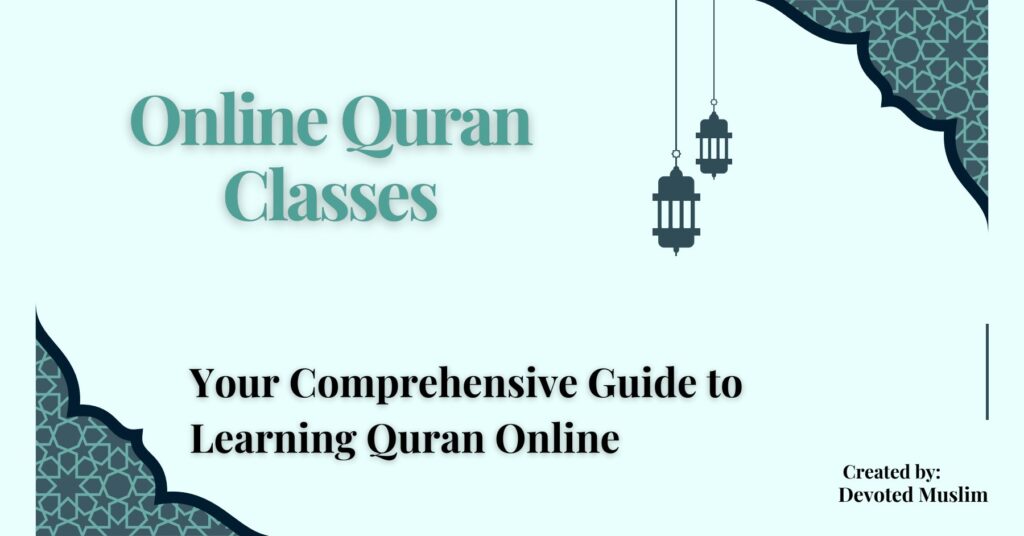In the tapestry of Islamic days, Friday, or Jumu’ah, shines as a unique and profoundly blessed day. For Muslims worldwide, it’s not just another day of the week; it’s a day of congregational prayer, spiritual reflection, and immense blessings. But what makes Friday so special? Let’s delve into the rich Virtues of Friday and the recommended practices of this magnificent day.
What Does ‘Jumu’ah’ Truly Mean?
The very name ‘Jumu’ah’ holds deep significance. As the renowned commentator of the Holy Quran, Ḥakīm-ul-Ummat Muftī Aḥmad Yār Khān explains, “As all the creatures assembled in their beings on this day and the completion of the creation took place on the very same day, clay for Sayyidunā Ādam was also collected on this day; similarly, people congregate and perform the Friday Ṣalāĥ on this day; therefore, it is called Jumu’aĥ on account of the reasons mentioned above. Before the advent of Islam, the Arabs used to call it ‘Arūbaĥ.’” (Mirāt-ul-Manājīḥ, vol. 2, pp. 317)
This explanation beautifully highlights how Friday is a day of assembly, from the creation itself to the gathering of believers for prayer.
The Chief of All Days: Profound Virtues of Friday
Friday holds an elevated status in Islam, often referred to as the “chief of all days.” The Noble Prophet ﷺ said: “Friday is chief of all days; it is most magnificent [among all days] in the court of Allah. It is superior to even Eid-ul-Aḍḥā and Eid-ul-Fiṭr in the court of Allah. It has five particular features:
-
Allah created Sayyidunā Ādam on this day.
-
Sayyidunā Ādam descended upon the earth on this day.
-
Sayyidunā Ādam passed away on the same day.
-
On Friday, there is a moment when, if someone prays for anything, they will be granted whatever they ask for, provided they do not ask for anything Ḥarām.
-
The Judgment Day will take place on Friday.”
(Sunan Ibn Mājaĥ, vol. 2, pp. 8, Ḥadīš 1084)
This Hadith alone underscores the immense significance of Friday, tying it to pivotal moments in creation and the ultimate destiny of humanity.
The Power of Supplication on Friday
Among its greatest virtues is the special hour when supplications are fulfilled. The Holy Prophet ﷺ said: “On Friday, there is one such moment which if a Muslim gets and asks Allah for anything in that moment, Allah will grant him. That moment is very short.” (Ṣaḥīḥ Muslim, pp. 424, Ḥadīš 852)
This emphasizes the incredible opportunity for Muslims to draw closer to Allah and have their sincere prayers answered. Scholars differ on the exact timing of this hour, with many opinions pointing to the time between Asr and Maghrib prayer, as mentioned in another Hadith: “Friday is divided into twelve hours. Amongst them, there is an hour in which a Muslim does not ask Allah for anything but He gives it to him. So seek it in the last hour after the afternoon prayer.” (Sunan Abi Dawud 1048)
Forgiveness and Elevated Light: The Reward of Reciting Surah Al-Kahf
Another profound virtue is associated with the recitation of Surah Al-Kahf. Sayyidunā ‘Abdullāĥ Ibn ‘Umar narrated that the Holy Prophet ﷺ said: “For the one reciting Sūraĥ Al-Kaĥf on Friday, Nūr (refulgence) will elevate from his feet up to the sky that will be brightened for him on the Day of Judgement and his sins committed between two Fridays will be forgiven.” (Attarghīb Wattarĥīb, vol. 1, pp. 298, Ḥadīš 2) This highlights the immense spiritual benefits and protection offered by this particular Surah.
The Importance of Salawat on the Prophet ﷺ
Invoking blessings upon the Prophet Muhammad ﷺ is always meritorious, but it holds special significance on Friday. The Prophet of Raḥmaĥ, the Intercessor of Ummaĥ, the Owner of Jannaĥ ﷺ said, “The one who recites Ṣalāt 200 times upon me on Friday, his 200 years’ sins will be forgiven.” (Jam’-ul-Jawāmi’ lis-Suyūṭī, vol. 7, pp. 199, Ḥadīš 22353)
This encourages us to increase our love and remembrance of the Prophet ﷺ on this blessed day.
The Grave Warning: Not to Abandon Jumu’ah
While Friday offers immense rewards, it also carries a stern warning for those who neglect its obligations. The Beloved Rasūl ﷺ said: “Allah will seal off the heart of the one abandoning three Jumu’aĥ’s Ṣalāĥ out of laziness.” (Jāmi’ Tirmiżī, vol. 2, pp. 38, Ḥadīš 500) This underscores the critical importance of attending the Jummah prayer and the spiritual detriment of abandoning it.
Your Friday Checklist: Maximize Your Blessings

To fully benefit from the Virtues and Significance of Friday, Muslims are encouraged to observe certain practices. Here’s a comprehensive checklist derived from the Sunnah, making your Jummah preparation easier:
-
1. Taking a Bath (Ghusl):
-
The Prophet ﷺ said, “Ghusl (taking a bath) on Friday is compulsory for every Muslim reaching the age of puberty.” (Sahih al-Bukhari 858)
-
This purification is not just physical but also spiritual.
-
-
2. Wearing Clean and/or New Clothes
-
“Whoever takes a bath on a Friday and does it well, and purifies himself and does it well, and puts on his best clothes, and puts on whatever Allah decrees for him of the perfume of his family, then comes to the mosque and does not engage in idle talk or separate (pushing between) two people; he will be forgiven for (his sins) between that day 3and the previous Friday.” (Sunan Ibn Majah 1097)
-
This emphasizes the importance of cleanliness and presenting one’s best self for the prayer.
-
-
3. Applying Perfume:
-
“Allah’s Messenger said: ‘It is a duty for the Muslims that they perform Ghusl on Friday and that each of them wears some of his family’s perfume. If he does not find any, then water is a perfume for him.” (Jami` at-Tirmidhi 528)
-
-
4. Go for Friday Prayer Early:
-
“O believers! When the call to prayer is made on Friday, then proceed ˹diligently˺ to the remembrance of Allah and leave off ˹your˺ business. That is best for you if only you knew.” (Al Quran, Surah Al-Jumuah, 62:9)
-
The Prophet ﷺ likened early arrival to Jumu’ah to sacrificing various animals, with the earliest being a camel. (Sunan an-Nasa’i 1385) This highlights the immense reward for those who make an effort to arrive promptly.
-
-
5. Sending Blessings upon the Prophet ﷺ (Salawat):
-
“Indeed, Allah showers His blessings upon the Prophet, and His angels pray for him. O believers! Invoke Allah’s blessings upon him, and salute him with worthy greetings of peace.” (Al Quran, Surah Al-Ahzab, 33:56)
-
The Prophet ﷺ urged us to “invoke more blessings on me that day, for your blessings will be submitted to me.” (Sunan Abi Dawud 1047)
-
-
6. Listening to the Jumu’ah Sermon (Khutbah):
-
“He who performed ablution well then came to Friday prayer, listened (to the sermon), kept silence all (his sins) between that time and the next Friday would be forgiven with three days extra, and he who touched pebbles caused an interruption.” (Sahih Muslim 857b)
-
Attentive listening is crucial to maximize the blessings of the Jummah prayer sunnah.
-
-
7. Praying Sunnah Prayers at Home:
-
“The Prophet would pray two Rakahs after the Friday prayer.” (Jami` at-Tirmidhi 521)
-
These are important additions to the congregational prayer.
-
-
8. Afternoon Nap (Qailulah) after Friday Prayer:
-
“We used to offer the Jumuah prayer with the Prophet (ﷺ) and then take the afternoon nap.” (Sahih al-Bukhari 941)
-
-
9. Eating After Friday Prayer:
-
“We would not have lunch during the time of Allah’s Messenger, nor would we have a siesta, until after the Friday prayer.” (Jami` at-Tirmidhi 525)
-
-
10. Reciting Surah Al-Kahf:
-
“If anyone recites Surah al-Kahf on Friday, the light will shine brightly for him till the next Friday.” (Mishkat al-Masabih 2175) Aim to recite the whole surah or at least the first 10 Ayahs.
-
-
11. Reading Hadiths to Gain Knowledge:
-
Devoting time to seeking sacred knowledge is an excellent act of worship.
-
-
12. Making Dua from Asr to Maghreb:
-
As mentioned earlier, this is a highly blessed time for supplication. “In it, there is an hour in which no believing worshipper makes a supplication to Allah for good, except that Allah answers it for him…” (Jami` at-Tirmidhi 3339)
-
Deepen Your Faith: Learn Quran Online with Us!
Friday is a day dedicated to spiritual growth and connection with Allah. What better way to strengthen this connection than by understanding His divine words? We invite you to explore our comprehensive programs to learn Quran online. Whether you’re a beginner or looking to deepen your existing knowledge, our flexible and engaging courses are designed to help you unlock the beauty and wisdom of the Holy Quran from the comfort of your home.
Empower your faith, starting this very Jumu’ah. Visit here today!
Conclusion: Embrace the Blessings of Jumu’ah
Friday is truly a gift from Allah, a weekly opportunity for immense blessings, forgiveness, and spiritual elevation. By observing its recommended practices and striving to embody its virtues, we can draw closer to our Creator and enrich our lives. Make every Jummah count – a day of purification, prayer, reflection, and seeking knowledge.
Frequently Asked Questions (FAQs) about Friday in Islam
Q1: What is the significance of Jumu’ah prayer?
A1: Jumu’ah prayer (Salat al-Jumu’ah) is the weekly congregational prayer held on Friday, which is obligatory for Muslim men who meet certain conditions. It replaces the Dhuhr (midday) prayer and is a symbol of Muslim unity and collective worship. Abandoning it without a valid excuse is a grave sin.
Q2: What is the best time to make Du’a on Friday?
A2: While all prayers on Friday are blessed, there is a specific hour when supplications are more likely to be accepted. Many Hadiths and scholarly opinions suggest this hour is after the Asr prayer, extending until Maghrib.
Q3: Why is it recommended to recite Surah Al-Kahf on Friday?
A3: Reciting Surah Al-Kahf on Friday is highly recommended as it brings a special light (Nūr) that will shine for the reciter until the next Friday, and it also serves as protection from the Dajjal (Anti-Christ).
Q4: Is Jumu’ah prayer compulsory for women?
A4: No, Jumu’ah prayer is not compulsory for women, children, travelers, or those who are ill. However, if they attend the congregational prayer, it is valid for them. Women typically pray Dhuhr at home.
Q5: What are the benefits of going to Jumu’ah prayer early?
A5: Going to Jumu’ah prayer early is highly virtuous and brings immense rewards, likened to sacrificing various animals, with the earliest arrival being equivalent to sacrificing a camel. It also allows one to find a good spot and prepare for the sermon.
Q6: What is the meaning of “jummah hadith” and “jummah sunnah”?
A6: “Jummah hadith” refers to the narrations and sayings of Prophet Muhammad (ﷺ) that specifically mention or relate to Friday (Jumu’ah) and its practices. “Jummah sunnah” refers to the practices, traditions, and recommended acts of worship established by the Prophet Muhammad (ﷺ) for Friday, such as taking a bath, wearing clean clothes, applying perfume, and going early to the mosque.




